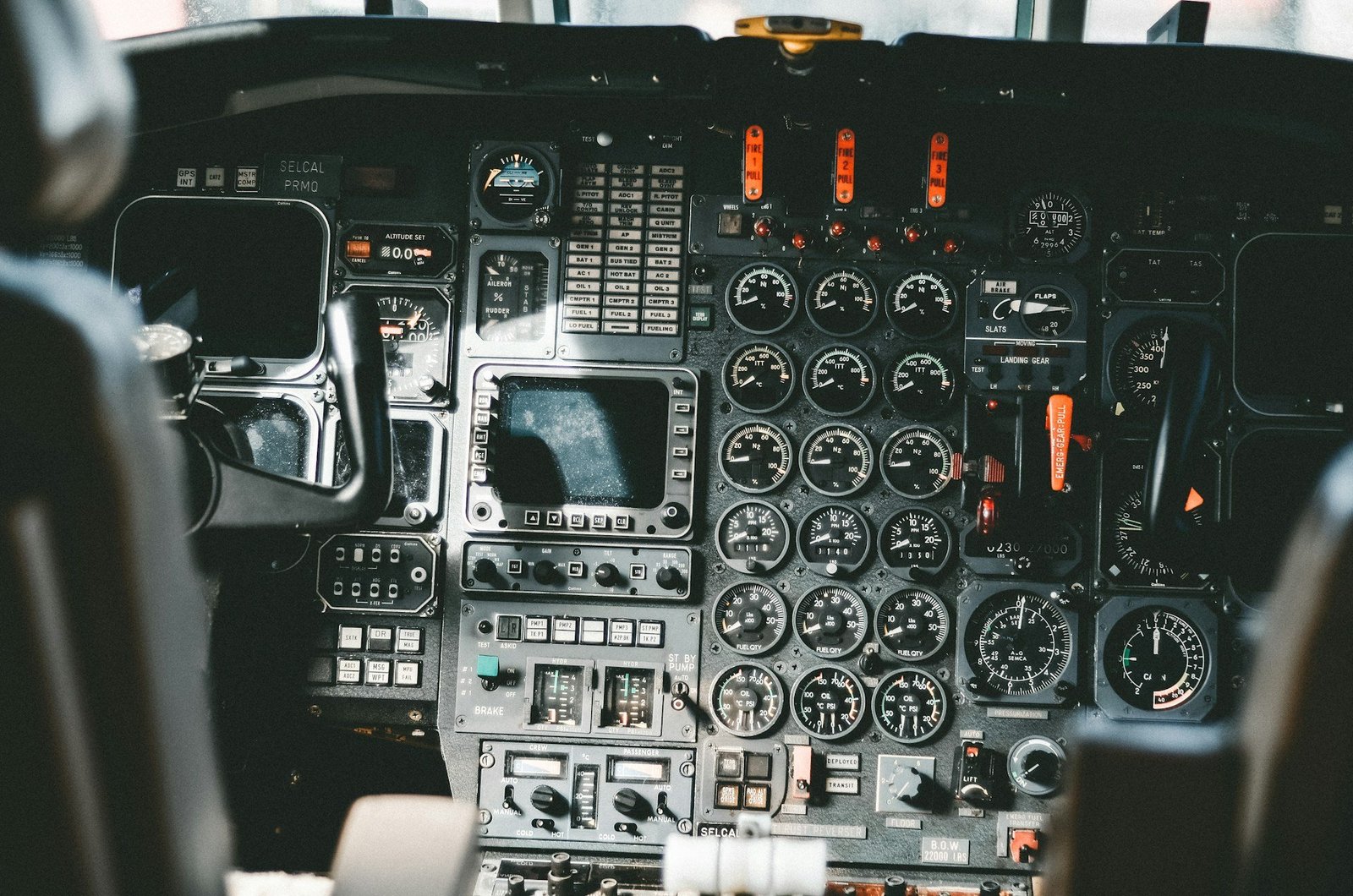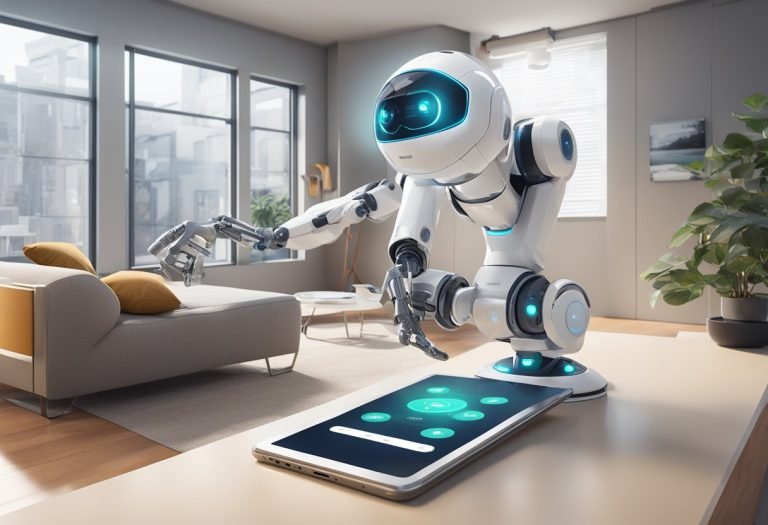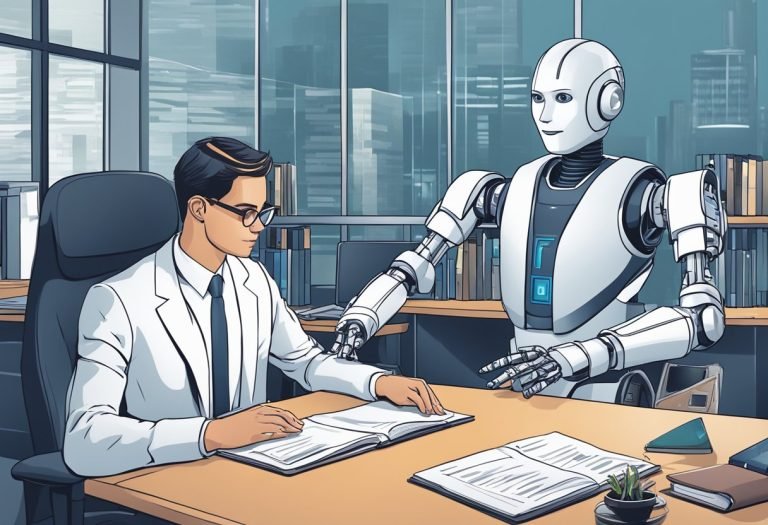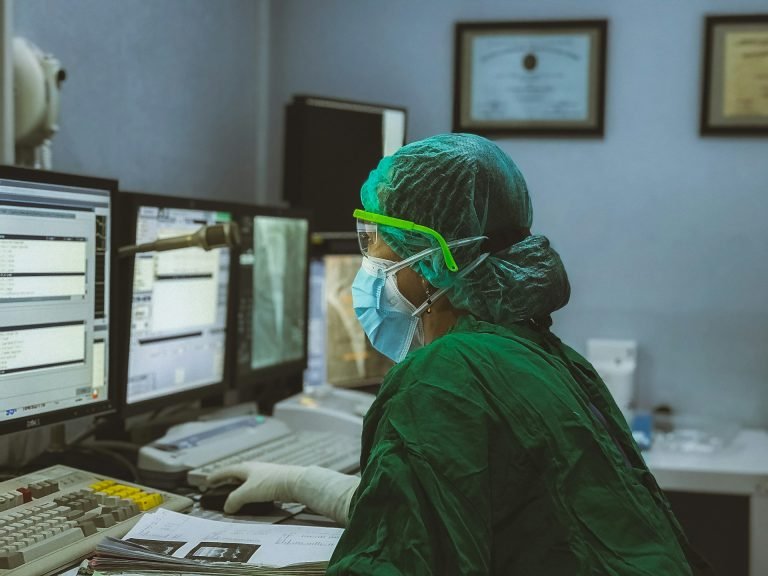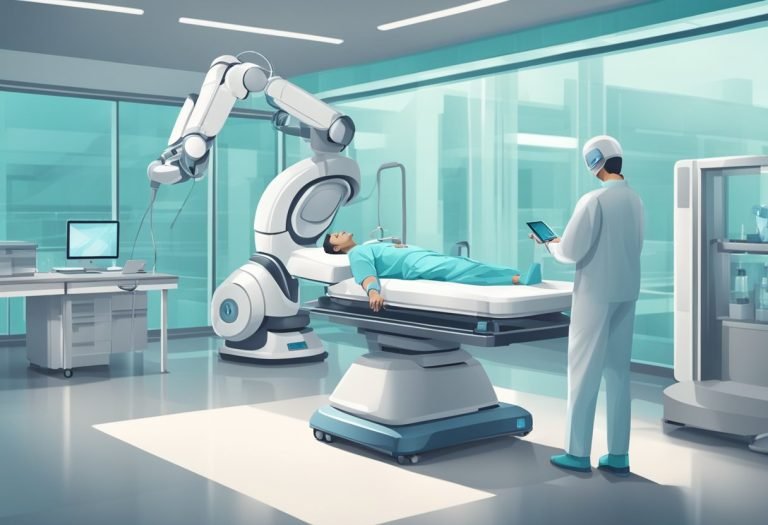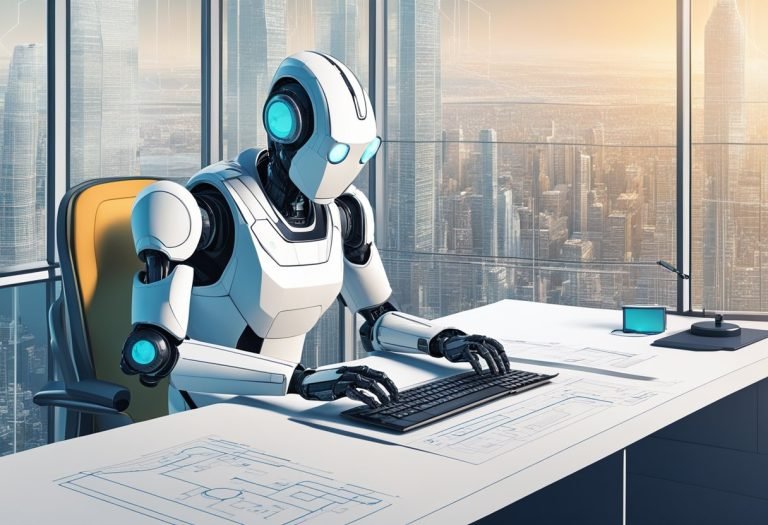Will AI Replace Pilots? The Future of Aviation
The cockpit of a modern aircraft is a marvel of technology. Screens glow with data, autopilot systems maintain precise control, and AI-powered systems monitor everything from engine performance to weather patterns. As artificial intelligence continues to transform industries worldwide, a pressing question emerges: Will AI eventually replace human pilots altogether?
The Present: AI’s Growing Role in Aviation
Today’s aircraft are already incredibly sophisticated. Step into any commercial airliner’s cockpit, and you’ll find AI systems handling crucial tasks like maintaining altitude, managing speed, and plotting optimal flight paths. These aren’t just fancy cruise control systems – they’re complex algorithms that process vast amounts of data to make real-time decisions.
But AI’s contribution to aviation goes beyond just flying the plane. Behind the scenes, AI systems are revolutionizing safety through predictive maintenance. By analyzing patterns in performance data, these systems can flag potential issues before they become serious problems, helping prevent accidents before they happen.
The Human Element: Why Pilots Still Matter
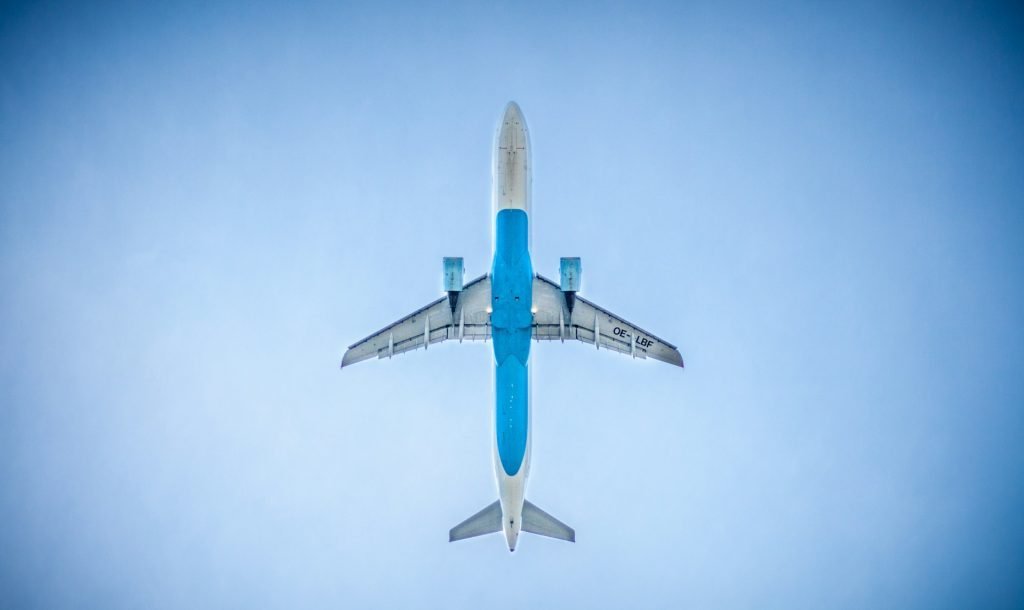
Despite these technological advances, human pilots remain irreplaceable. Consider the famous “Miracle on the Hudson” in 2009. When Captain Chesley “Sully” Sullenberger successfully landed an Airbus A320 on the Hudson River after losing both engines, he demonstrated something that AI still struggles to replicate: the ability to make split-second, creative decisions in unprecedented situations.
Human pilots bring unique qualities to the cockpit:
- Intuition developed through years of experience
- Ability to handle unexpected situations creatively
- Emotional intelligence when dealing with passengers and crew
- Capacity to make ethical decisions in complex scenarios
The Trust Factor
Let’s be honest – would you feel comfortable boarding a plane without a pilot in the cockpit? Most passengers wouldn’t. Surveys consistently show that travelers want a human at the controls, even if AI is doing most of the work. This trust factor isn’t just about emotion; it’s about accountability and human connection.
Technical Limitations
While AI excels at handling routine operations, it still faces significant challenges:
- Difficulty adapting to truly unexpected situations
- Limited ability to process complex ethical decisions
- Vulnerability to technical malfunctions and cyber threats
- Challenges in communicating with human air traffic controllers
The Future: Collaboration, Not Replacement
The future of aviation likely isn’t about AI replacing pilots – it’s about creating powerful partnerships between human expertise and artificial intelligence. Think of AI as an incredibly capable co-pilot that can:
- Monitor systems continuously without fatigue
- Process vast amounts of data in real-time
- Provide pilots with enhanced situational awareness
- Handle routine tasks while allowing pilots to focus on critical decisions
Regulatory and Safety Considerations
The aviation industry is one of the most heavily regulated sectors, and for good reason. Any major changes to how aircraft are operated must go through rigorous testing and certification processes. While autonomous systems are advancing rapidly, the regulatory framework for fully autonomous commercial flights is still years away from being established.
What This Means for the Future
Rather than seeing pilots disappear from cockpits, we’re likely to see their role evolve. The pilots of tomorrow might be more like systems managers, supervising AI operations while maintaining the capability to take direct control when needed. This hybrid approach combines the best of both worlds: AI’s tireless precision and humans’ unmatched judgment.
The Bottom Line
While AI will continue to transform aviation, making it safer and more efficient, it won’t be replacing pilots anytime soon. Instead, we’re heading toward a future where human pilots and AI systems work together, each contributing their unique strengths to create an even safer and more reliable aviation industry.
The next time you’re on a flight, remember that while AI might be helping with navigation and monitoring systems, there’s still a highly trained human pilot in the cockpit, ready to handle whatever challenges might arise. It’s this combination of human expertise and artificial intelligence that represents the true future of aviation.
What do you think about the future of AI in aviation? Would you feel comfortable flying in a fully autonomous aircraft? Share your thoughts in the comments below!

